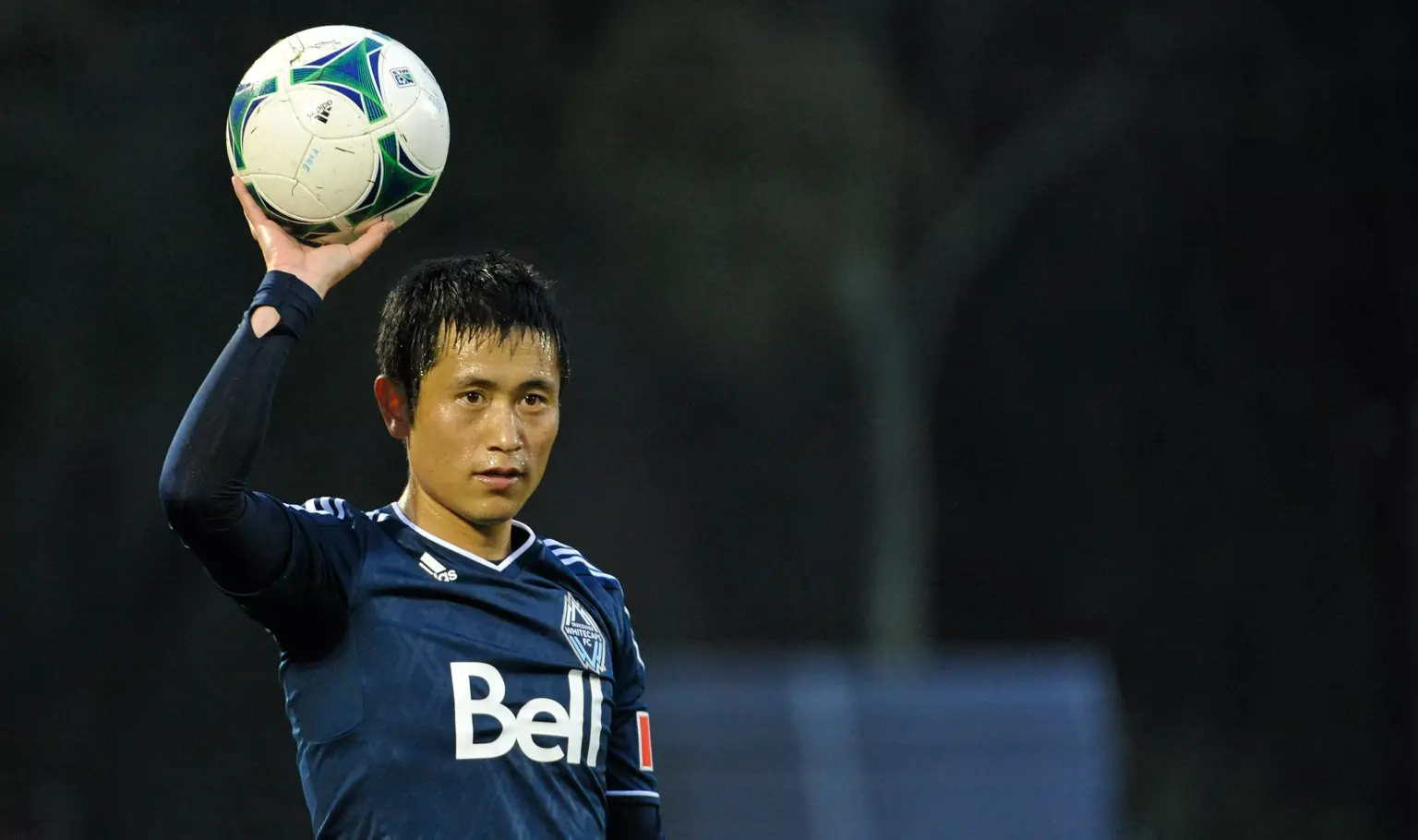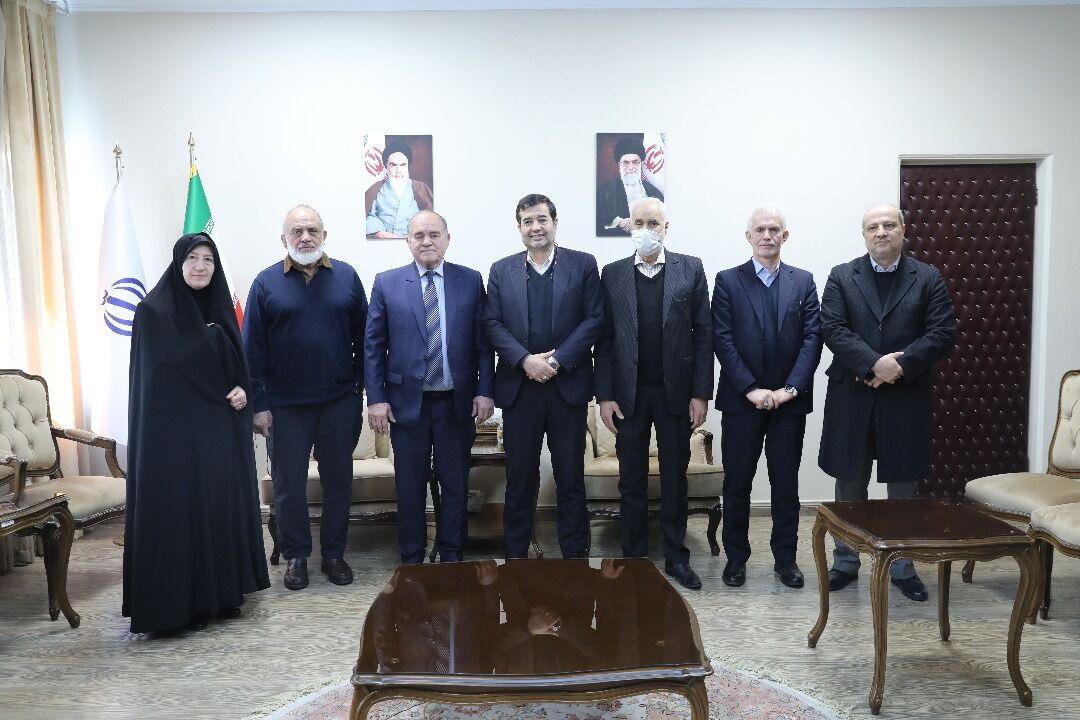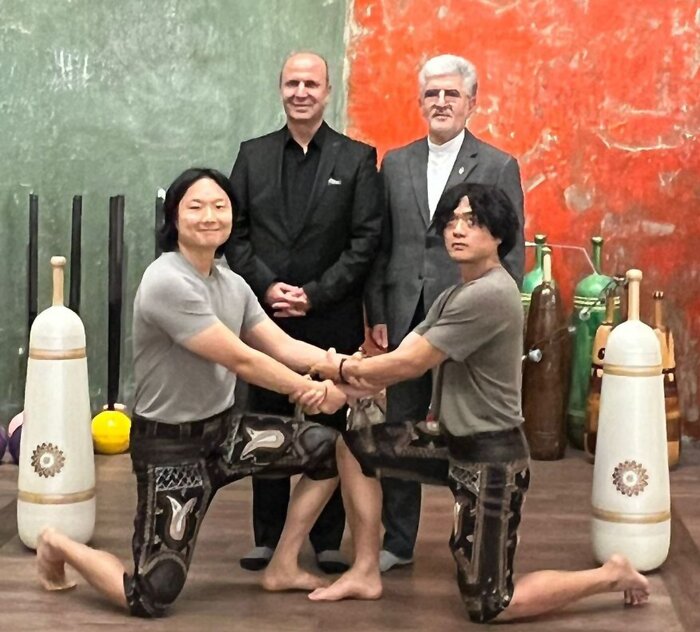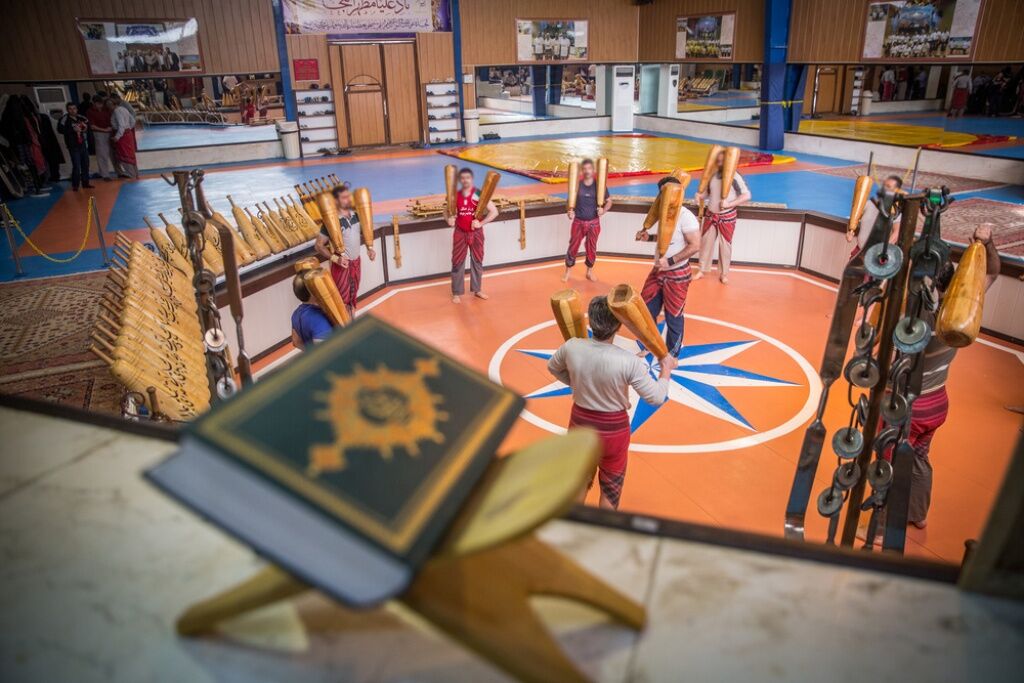In 2002, Korea Republic made history by becoming the first AFC nation to ever reach a FIFA World Cup semi-final. While the Taegeuk Warriors would eventually finish fourth in Korea/Japan following an enthralling third-place match with Turkey, Guus Hiddink’s side had made history.
One of many stars on that team was Lee Youngpyo, a left-back who forged his way into national folklore during the tournament. Despite not playing in either of the first two games, the then-25-year-old came in for the 1-0 win over Portugal, going on to play every single minute of the side’s historic last-four run.
Youngpyo wasn’t just popular on the international scene, though. He left his homeland following the tournament, going on to star for PSV, Tottenham, Borussia Dortmund and Al Hilal, before retiring with MLS side Vancouver Whitecaps, where the defender would go on to spend five years as an ambassador.
What was Vancouver like during your playing days?
Lee: First of all, it’s a very beautiful city. I’ve travelled to many countries and lived in man
y cities, but Vancouver is one of the most beautiful I’ve ever seen. What impressed me most was the warmth of the people. Everyone always had a smile on their face and they were really welcoming. I played for the Vancouver Whitecaps for about two years, starting in 2012, and then I was a club ambassador from 2014 to 2018. That period was like an oasis in a desert of hardship for me. It refreshed my life before and after retiring from football, and it was very nice.
I had six options before signing with the Whitecaps. Three teams from Europe, one from China and Japan were also interested. Of the six clubs, Vancouver offered the lowest salary, which was about one tenth of that offered by the highest payer. Nevertheless, the reason I chose Vancouver was to learn sports marketing and administration, and in hindsight, I think it was the best choice for me.
It is almost 12 years since you broke into MLS. How do you remember that time?
I won two titles in Korea Republic, and the teams I’ve played for – PSV, Tottenham, Dortmund, Al Hilal – have all been strong teams in their leagues, regularly winning honours. However, the Vancouver Whitecaps were new to the league and one of the weaker teams in it at the time, so we didn’t win many games. However, we still managed to get some decent results in my first season with the club, including making the play-offs for the first time in our history. A lot of fans came to watch us, so the atmosphere was good. At that time, I had another goal – to study sports administration, so that took some of the on-field pressure off me in terms of results and performances, which meant I enjoyed my football quite a lot.
Before the start of the 2013 season, I was thinking about whether to retire or extend my contract, but then the president of the club, Bob Lenarduzzi, who was also a legendary Canadian player, said to me, “If you play one more year, I’ll give you the chance to work for the club as soon as you retire. That way you can see things and learn first-hand.” It was a tempting offer, so I played one more year. Then I was an ambassador for five years, learning sports administration.
Given you were fit enough to play nearly every league game in your first season with Vancouver, why did you consider retiring the following year?
After my second season in the MLS, the club asked me to extend my contract again (laughs). At that time, my team-mates tried to convince me, saying, ‘Why do you want to retire when you’re in such good shape?” But my reasons were clear. I felt that I was taking longer to recover – three days instead of my usual two after a game. I thought, ‘If I’m noticing a change and my team-mates aren’t, now is the time to retire. If my team-mates start to notice the difference in my performance, then the fans will also notice, and then everyone will know’. As they were all sad to see me hang up my boots, they held a retirement ceremony for me in Vancouver. I’m probably the only footballer who has had three retirement ceremonies (laughs). I had one with the national team, one with FC Seoul and one with the Whitecaps.
Having studied sports administration and played in Europe, North America and Korea Republic, how does football differ in terms of administration on each continent?
From what I’ve noticed, Europe is all about the essence of football and that is enough there. People get excited just by focusing on football there. But America seems to see the essence of the sport a little differently. If Europe is classically focused on football, America is about the essence of enjoying sports and football. One day, Vancouver lost a close game 3-2, and I thought people would be disappointed, but Bob was smiling afterwards. I asked him, “How can you smile when you lose a game?” and he replied, “Did you see the look on the fans’ faces? Fans who witness a game like this, who have that look on their face, will come back to the stadium.”
So in North America, the question is: “Did the fans enjoy watching the game? It’s more about keeping the fans coming back than it is about whether the club wins or loses. That’s how you grow the market and your fan base, that’s how you grow a club. I used to think that classic football shouldn’t be mixed with anything else when I was playing in Europe, but after five years of being an ambassador for Vancouver and working with the marketing team on projects, I’ve changed my mind. I don’t think it’s right or wrong, it’s just a difference in thinking and culture.
FIFA World Cup 26 will feature 48 teams for the first time, and will be the second to be co-hosted after Korea/Japan 2002. What can we expect from a co-hosted World Cup?
When Korea Republic and Japan co-hosted the World Cup in 2002, there was a bit of a rivalry. In Korea, there was a so-called ‘let’s do better than Japan’ mentality. But it’s different now. I think it’s great that we have the opportunity to bond over football and build trust with each other, and I think Canada, the United States, and Mexico, in particular, will be able to build a very strong bond through this World Cup because of their shared borders. I think the World Cup is an ideal way for countries to interact.
I believe the expansion to 48 countries is also very welcome in terms of ‘more countries enjoying the World Cup’. Of course, there’s a concern that the difference in performance between the stronger and weaker teams could be very significant, but I think this will be lessened as the gap closes. We’re now at the point where kids in Southeast Asia who have watched Champions League matches can actually simulate the best plays. So even within Asia, Southeast Asian teams are making waves, and they’re competing on a level playing field against traditional powerhouses like Korea. There will still be a power differential between the 48 nations, but I think it will decrease over time. It’s great to see more people enjoying the sport.
- نویسنده : محمد مهدی اسماعیلی رها





























Saturday, 31 January , 2026